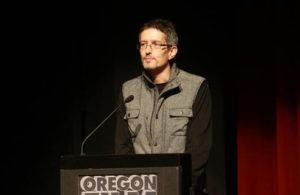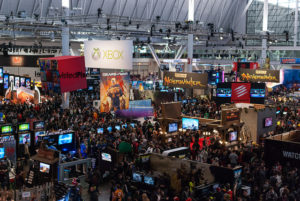How To Become A Video Game Translator

Hundreds of new video games are created every year, but unfortunately, most are made by developers who speak a language you don’t. That means unless you learn Japanese, French, Mandarin, and a dozen other languages, you’ll miss out on thousands of awesome game experiences in your lifetime.
That is, unless the developers translate their game into a language you understand, using a painstaking process called localization.
Before the 1990s, if you didn’t speak the language, you simply couldn’t play the game. Some players learned a second language like Japanese, solely so they could play rare unofficial imports. Others took matters into their own hands and made “fan translations” to distribute to other players using dial-in bulletin-board systems (BBS).
Fortunately, game localization has become so affordable that publishers release each game in multiple languages so players around the world can enjoy their creations.
Today I’m speaking with Damien Yoccoz, the founder of Level Up Translation in Basse-Normandie, France. He explains what a translator does, how he got started in the job, and what it takes to succeed as a game localizer. Read more »






